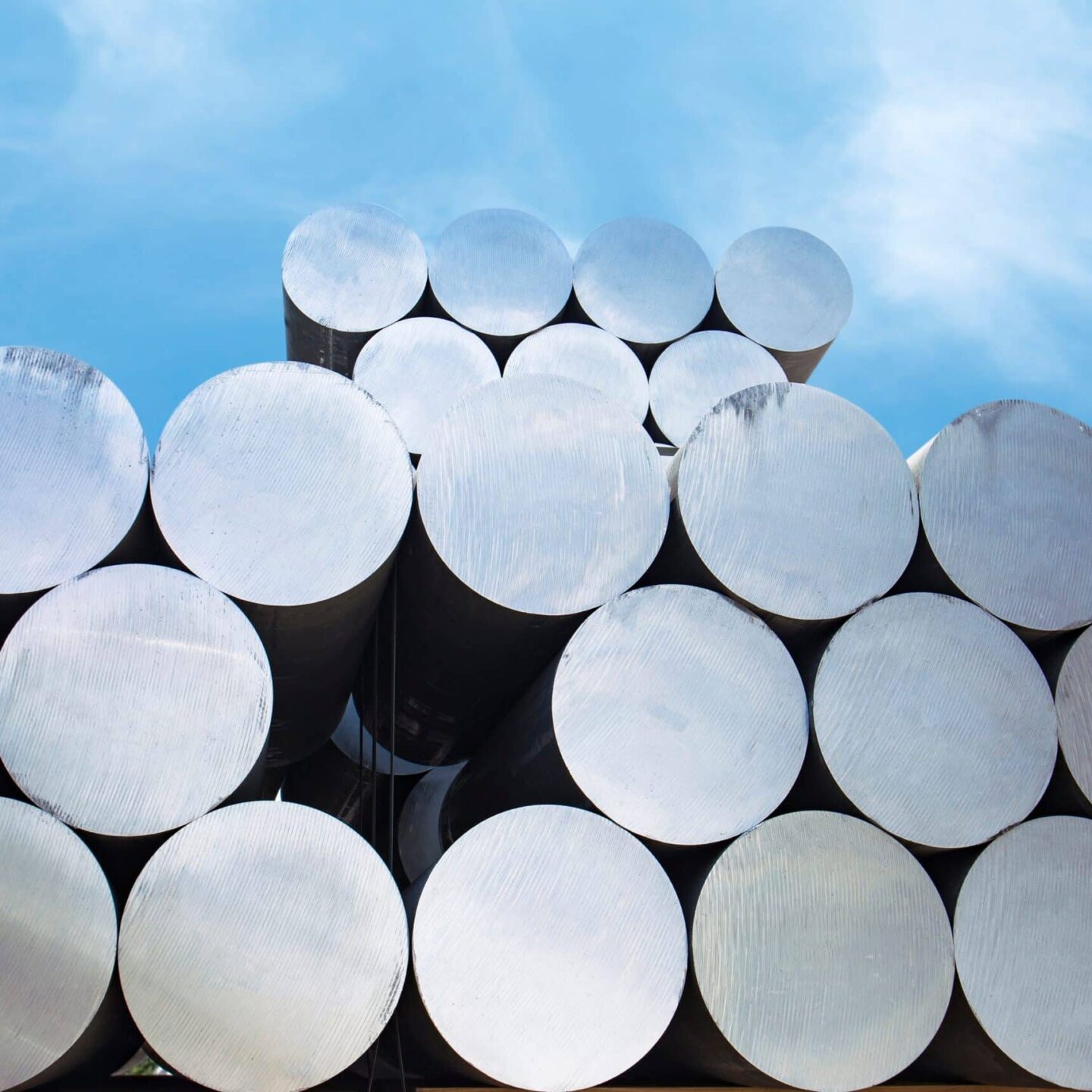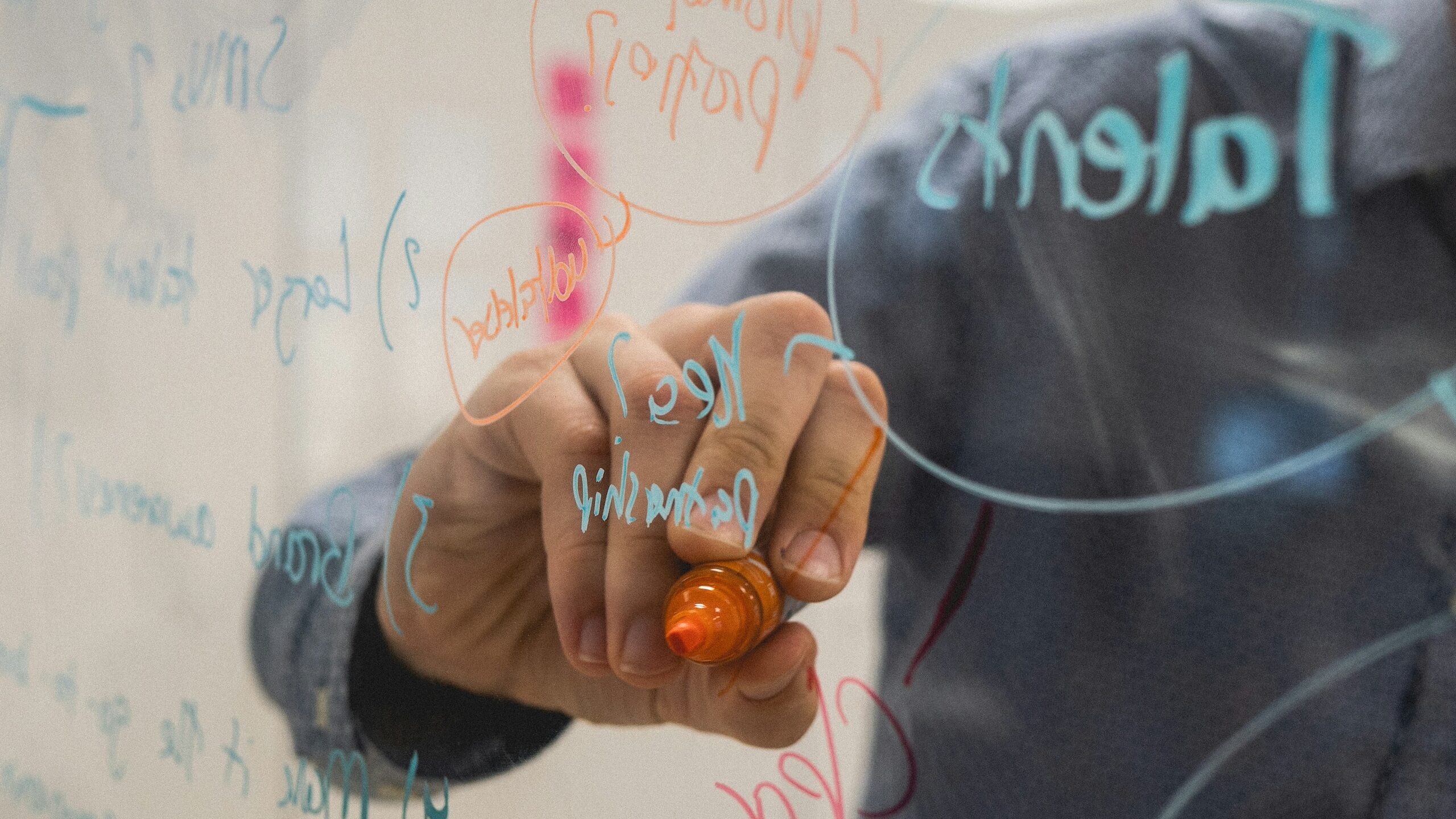- Home
International Aluminium Institute
Discover the global primary aluminium industrythe organisation
- Alu-Story
The Aluminium Story
Aluminium’s power is in its versatility
Mining and Refining
Primary Production
- Alu-Health
Health & Safety
Aluminium in Consumer Products
selected links
- Alu-Cycle
The Aluminium Cycle
Explore the Cycle
- Statistics
Statistics
Our Aluminium data repository











